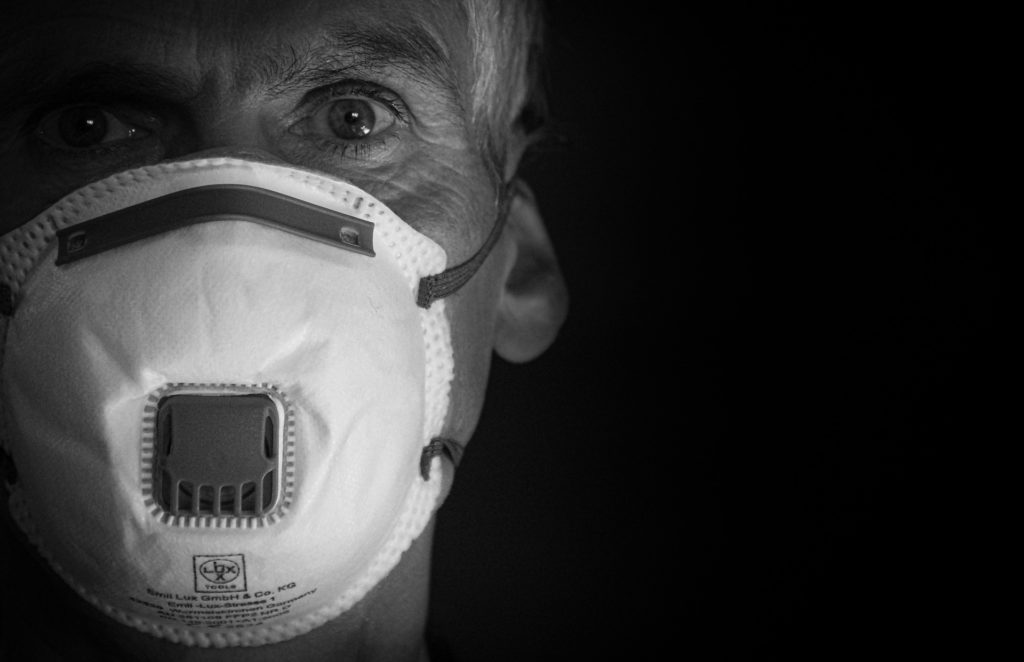Healthcare workers, deemed essential, face challenges amidst the pandemic, but what happens when you are also juggling school?
On March 21, Washington Gov. Jay Inslee issued a statewide order to “Stay Home, Stay Healthy,” shutting down all non-essential business. For many, this meant unemployment and for students it meant sudden transition to online schooling. However, some students who work while attending school are essential and have had drastic changes in their schedule to accommodate the new reality.

Paige Boyle, a senior biology major, is among those considered essential workers. Boyle works at a retirement facility as a certified nurse assistant. According to Boyle, working there has been tough since the outbreak of COVID-19.
“It’s been stressful for sure,” Boyle said, while explaining some of the precautions her facility has to take during the COVID-19 outbreak. She said that the residents used to have more freedom, interacting with each other in hallways and group activities, but due to the pandemic, have been quarantined to their rooms with restrictions on who can visit them.
Boyle explained that while it has been stressful to see her residents cope with the fear of being at high-risk for COVID-19 due to age and pre-existing medical issues, that has not been the only challenge.
“When this first started, two people quit and they were full-time employees, I was only part-time because of school, so now I’ve been working overtime, like 40+ hours a week,” Boyle said.
With few employees to cover all shifts, Boyle has thus far managed working the extra hours while balancing her schoolwork, but it has not been an easy task, especially with the online-learning transition.
“Basically, you’re teaching yourself and I just don’t really have the time for that right now,” Boyle said, explaining that some teachers are not all that familiar with teaching online courses.
Although the increased workload and transition to online learning has been difficult, Boyle explained the emotional impact for herself and her residents has been one of the biggest challenges.
“It’s much harder when they are scared because they don’t know what’s going to happen and I can’t help that they are scared,” Boyle said.
Referencing a resident of hers, Boyle said that before the pandemic, he was always in good spirits, but since the outbreak, his attitude has changed. According to Boyle, he said, “it’s over for me anyway, why am I trying?”
“I don’t like going to the grocery store now, I send my brother instead so that I don’t have to go directly into public, so I don’t bring it to work. That would be so traumatic if I, or any of my coworkers, brought it into my work,” she said, addressing how she has changed her personal life.
Boyle has always been determined to work in the healthcare sector. Before she worked as a CNA, she was a volunteer nurse aid for dialysis care. She plans on continuing to work in the healthcare field for a year before applying to pharmacy school. As a senior, the postponement of commencement added to the distress of her situation, she explained.
While the circumstances are tough, Boyle said that going to work everyday has been an easy choice, explaining her obligation to her residents and desire to be there for them.

Brody Voge is a junior at WSU Vancouver studying strategic communications.
